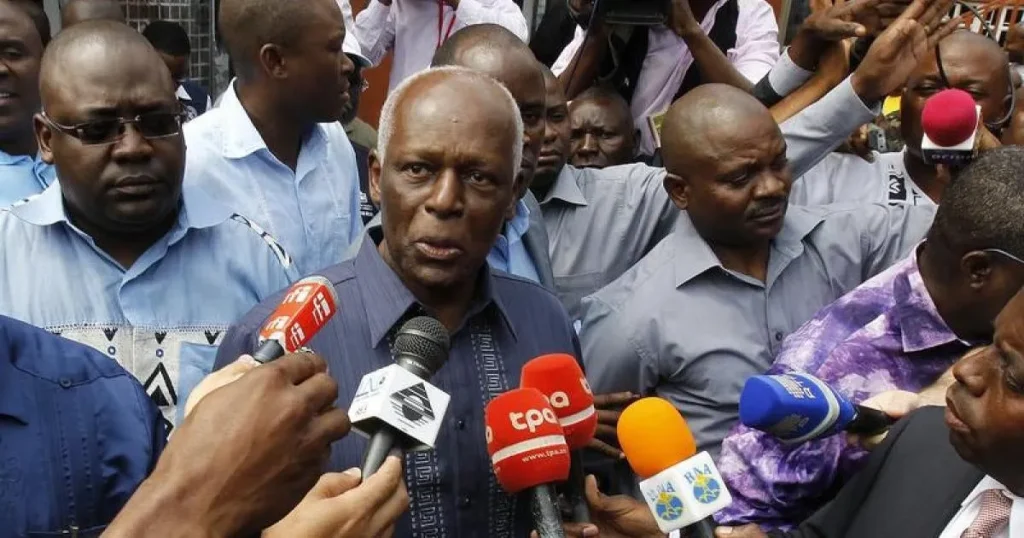Mariano Brás, editor of Angola’s independent weekly newspaper O Crime, is under investigation by authorities following a December article that sharply criticized President João Lourenço.
The Committee to Protect Journalists (CPJ) has called for an end to what it describes as harassment, urging Angolan officials to drop any potential charges and allow journalists to report freely without fear of legal repercussions.
On February 12, Brás endured a three-hour interrogation by Angola’s Criminal Investigation Service’s organized crime division.
The questioning stemmed from an article published in the December 26 edition of O Crime, which labeled President Lourenço as a demagogue and accused him of failing to deliver on campaign promises.
Initially, officers suggested the complaint originated from the president himself, though they later clarified it could have come from any individual or entity.
According to Brás’ lawyer, Salvador Freire, a criminal case has been opened, though specific charges remain undisclosed. Potential accusations could include criminal insult, defamation, or offending state authority, carrying penalties ranging from two months to three years in prison, along with possible fines.
The CPJ’s Africa program coordinator, Angela Quintal, condemned the investigation, arguing that Angola’s criminal defamation and insult laws violate free speech principles.
She called for their repeal to protect press freedom in the country.
Brás reported feeling intimidated during the interrogation, which included invasive questions about his personal life and residence.
He expressed concern that the authorities’ actions aim to silence his newspaper, a vital voice in Angola’s media landscape.
This is not Brás’ first encounter with legal challenges.
He currently faces a separate defamation charge from Carolina Cerqueira, the Minister of State for Social Affairs, filed last year.
In 2018, Brás and journalist Rafael Marques de Morais were acquitted of charges related to insulting the state, highlighting a pattern of legal pressure on critical voices in Angola.
The lack of transparency in the current case—Brás and his lawyer have yet to access the case file—further complicates their defense.
Angola’s media environment remains fraught, with journalists frequently facing legal and institutional obstacles when reporting on government actions.
The CPJ’s statement underscores the broader issue of press freedom in the country, where laws criminalizing defamation and insult are often used to suppress dissent.
Neither the Criminal Investigation Service nor the president’s office responded to requests for comment, leaving uncertainty about the case’s progression.
The investigation into Brás highlights the challenges faced by independent media in Angola, where critical reporting can lead to severe consequences.
The outcome of this case could set a precedent for how journalists are treated under Lourenço’s administration, particularly as the country navigates its democratic and economic reforms.
The CPJ and other press freedom advocates continue to monitor the situation, emphasizing the need for reforms to protect journalists and ensure a free press.






